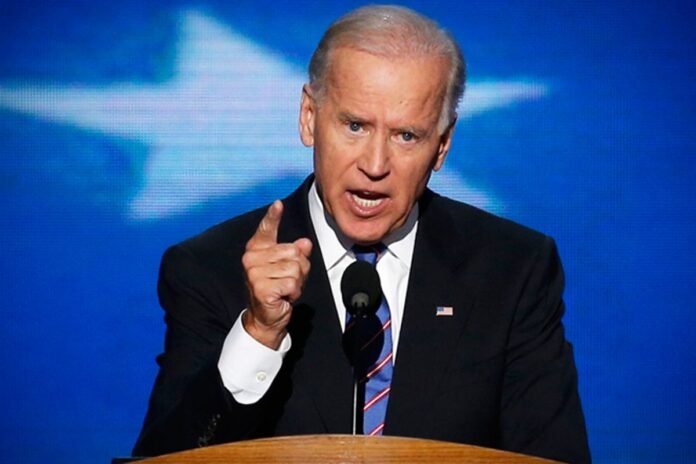United States conducted airstrikes on Iran-linked targets following Jordan’s retaliation. These events have sparked concerns and raised questions about the implications for regional stability and global security. Here are 10 key points you must know about the situation:
- The Jordan Retaliation: The escalation began when Jordan retaliated against Iran-linked targets, citing previous attacks and provocations. Jordan accused these targets of posing a threat to its security and sovereignty, prompting a swift response from the United States, a key ally of Jordan.
- US Airstrikes: In response to Jordan’s actions, the United States conducted airstrikes targeting Iran-linked facilities and militia groups in the region. The strikes aimed to degrade the capabilities of these groups and deter further aggression against US interests and allies.
- Iran’s Influence: Iran’s influence in the region has been a source of contention for years, with the country supporting various militia groups and proxies across the Middle East. The US airstrikes targeted locations believed to be linked to Iran’s Revolutionary Guard Corps (IRGC) and its proxies, which have been involved in destabilizing activities in the region.
- Escalating Tensions: The airstrikes mark a significant escalation in tensions between the United States and Iran, adding to the already volatile situation in the Middle East. The risk of further retaliation and escalation remains high, raising concerns about the potential for wider conflict in the region.
- Regional Implications: The latest developments have implications not only for the US and Iran but also for the broader Middle East region. Countries in the region, including Israel, Saudi Arabia, and Iraq, are closely monitoring the situation amid fears of being drawn into a larger conflict.
- International Response: The airstrikes have garnered international attention, with various countries expressing concern and calling for restraint. The United Nations and other international bodies have urged all parties to de-escalate tensions and seek peaceful resolutions to their differences.
- Impact on Global Economy: The heightened tensions in the Middle East have the potential to disrupt global energy markets and impact oil prices. Any conflict or disruption in the region’s oil production could have far-reaching consequences for the global economy, affecting everything from fuel prices to inflation rates.
- Humanitarian Concerns: Amid the geopolitical maneuvering and military actions, there are also concerns about the humanitarian impact on civilians in the affected areas. Conflict and instability exacerbate existing humanitarian crises, leading to displacement, suffering, and loss of life.
- Diplomatic Efforts: Despite the escalation in tensions, there are still diplomatic efforts underway to address the underlying issues and prevent further conflict. Diplomatic channels remain open, with calls for dialogue and negotiations to resolve differences peacefully.
- Uncertain Future: As the situation continues to evolve, the future remains uncertain, with the potential for further escalation or de-escalation depending on the actions of all parties involved. The coming days and weeks will be critical in determining the course of events and whether tensions can be eased or if the region will be plunged into further turmoil.
In addition, the US airstrikes on Iran-linked targets following Jordan’s retaliation have intensified tensions in the Middle East, raising concerns about the potential for wider conflict and its implications for regional stability and global security. The situation underscores the complex dynamics at play in the region and the need for diplomatic efforts to prevent further escalation and find peaceful resolutions to underlying grievances.
Amidst the escalating tensions and military maneuvers, there is a pressing need for international cooperation and diplomacy to prevent further escalation and mitigate the risk of a wider conflict. The involvement of key stakeholders, including regional powers and international organizations, is crucial in facilitating dialogue and finding diplomatic solutions to the underlying issues driving the current crisis. As the world watches closely, there is hope that diplomatic efforts will prevail, ultimately leading to de-escalation and a return to stability in the region.

